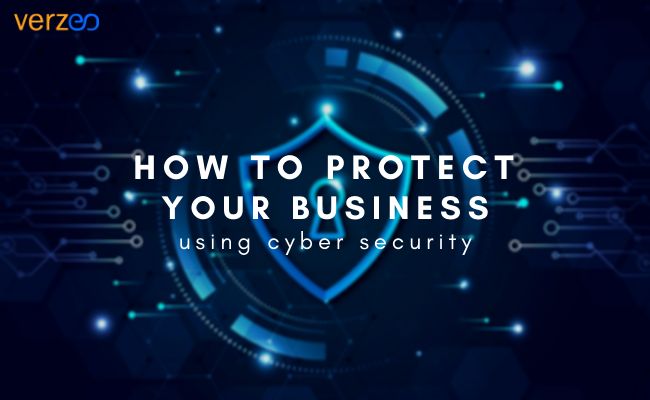A passive attack will make use of your information from your system leading to a breach of privacy. It won't directly harm your device, but it has a nature of eavesdropping or monitoring someone else’s sensitive information.
An active attack will make modifications to your system and alter the settings. The hacker here can change, add or take control of your system’s information.
Need for Cybersecurity: Cyber Attacks on Businesses in 2020
Recently, more than 30 charities in the UK confirmed that they were affected by the Blackbaud ransomware cyber attack. A report was made by News18 about how around 40,000 cyber attacks were attempted by Chinese hackers on banking services and big companies like Times of India, Airtel, Hindustan Times, and many more. In times like these where MNCs are not safe from these attacks, small businesses become an easy target for hackers and stand no chance.
If you read closely about the attacks in 2020 you will notice that cyber-attacks and threats are made in every field, from news companies, banking, telecommunications, etc. According to a recent report, over 445 million cyber attacks occurred only at the beginning of January.
The only way you can protect your business is by being vigilant about cyber-attacks and threats and by incorporating cybersecurity in your lives. Before anything else, it is important to know what goes through your computer and how information travels from one company to another.
Cybersecurity Measures Against Cyber Attacks
1. SECURED WIRELESS NETWORKS
Make sure your operating systems, wireless networks, and systems are confined to a secure system and updated consistently and automatically. These updates are important as they upgrade the system and network security which could be breached by new cyber threats and attacks.
2. INSTALL SOFTWARE AND HARDWARE FIREWALLS
This is the most primary step one should take while cyber-proofing your system and infrastructure. Setting up firewalls sets up a guard between your system and the internet.
These firewalls control the incoming and outgoing network traffic depending on the pre-decided security measures and guidelines.
3. ALL PRIVATE DATA SHOULD BE ENCRYPTED
Encryption is the process where your information gets converted into a secret code when being shared. Only authorized people can access the information with a key. Therefore, private and confidential data should be encrypted whenever possible to avoid any leaks.
4. DISCARDING OLD AND OUTDATED GADGETS
Before you move on with disposing of your old computers, pen drives, or any other kind of device, make sure you clean all the hard drive information. All the sensitive information should be discarded well before shifting to a new setup. Therefore formatting of the devices is a must.
5. MAKE YOUR EMPLOYEES CYBER VIGILANT
Your employees should be aware of what information is to be shared within emails and what shouldn't. They should be aware of the protocols to take when a cyber attack or breach occurs.
Every employee should be trained on how to keep valuable information protected. Your system can be as highly protected as you want but the hacker will only look for your least protected employee. Therefore, making your employees aware of cybersecurity is of utmost importance.
6. HANDLE DATA BREACH AND PREPARE PROTOCOLS
Have a calculated and well-planned recovery protocol if the business faces any kind of cybersecurity breach. This will pave the way for a swift process in times of cyber attack, ensuring that everyone follows the right organizational escalation path and knows their roles during the breach.
7. ANALYSE 3RD PARTY VENDOR RISKS
Making sure that you are following all the cybersecurity rules and regulations while working with third-party vendors is very important. Implement a process for reviewing, updating, and integrating with the vendors to work with your business periodically. This will ensure that they are held accountable for any security breaches happening from their loose ends.
8. ENSURE YOU USE 2FA
2FA or “Two-factor authentication” will be protecting both parties (your business and your customers) from cyber attacks. So with 2FA, you’ll have your login details added with an extra verification step that’ll be something like an OTP.
Using 2FA will make your login more secure and will gradually reduce the risk for data theft.
These are some of the steps you can take to protect your business from cyber-attacks. Some of the jobs needed in a business when it comes to cybersecurity are of a security analyst, security engineer, security software developer, cryptographer, chief information security officer and cryptanalyst.
All these positions have different but somehow overlapping job responsibilities that they need to handle.
If you want to become an expert in cybersecurity and learn all about it, go through Verzeo’s internship and certification programs. Learn the A-Z about cybersecurity and be industry-ready with skills and certificates to protect your business by incorporating cybersecurity in your lives and your skillset.

